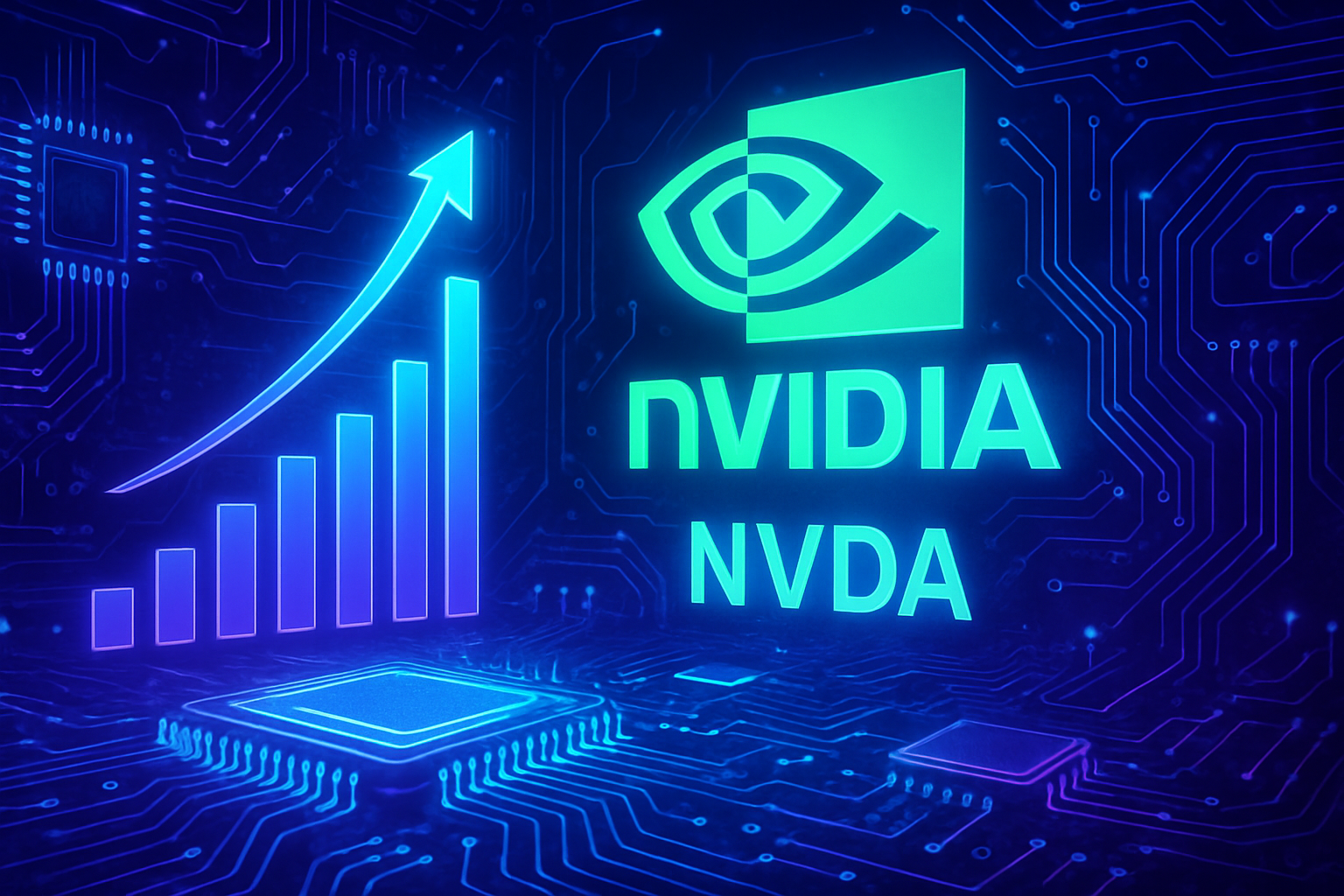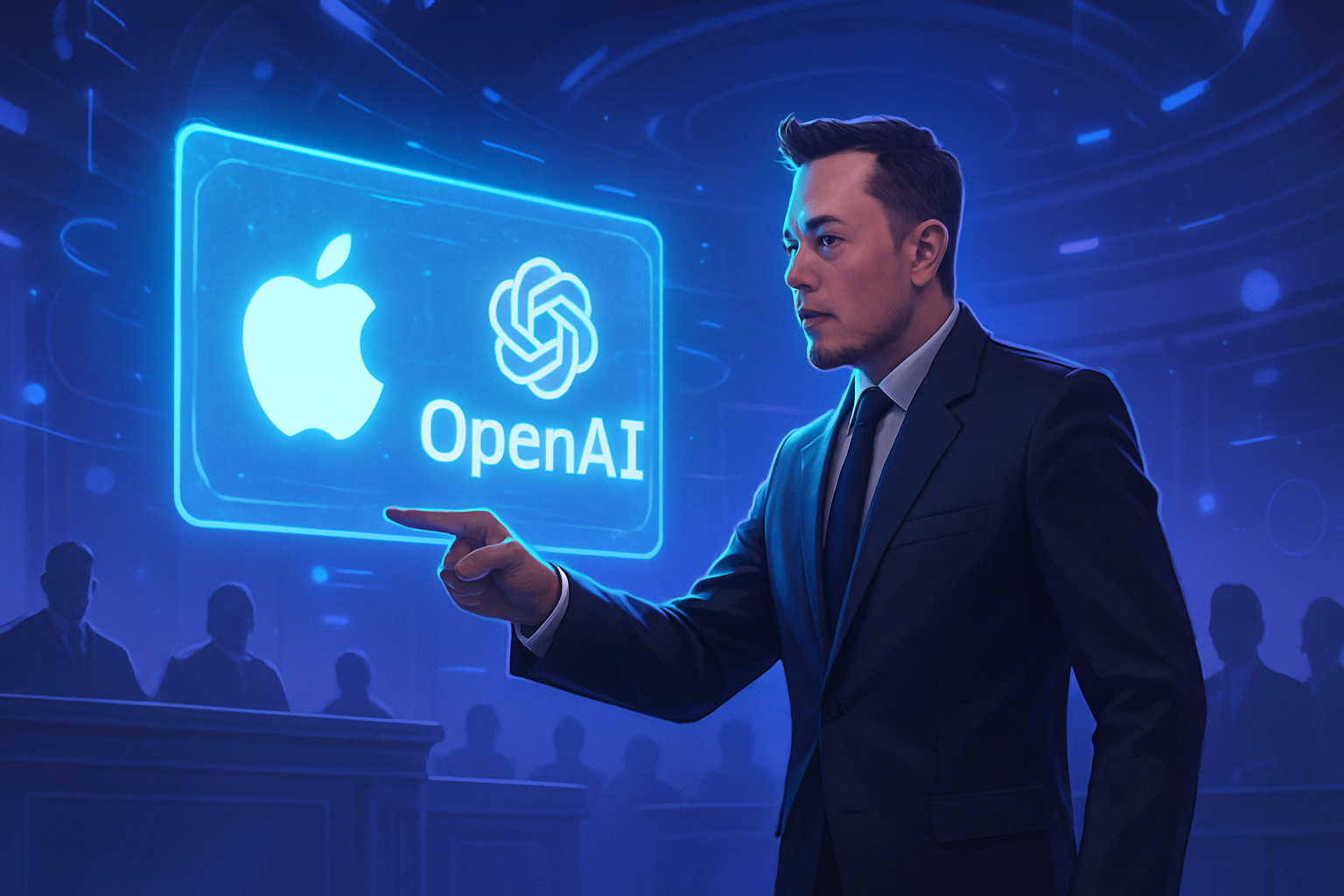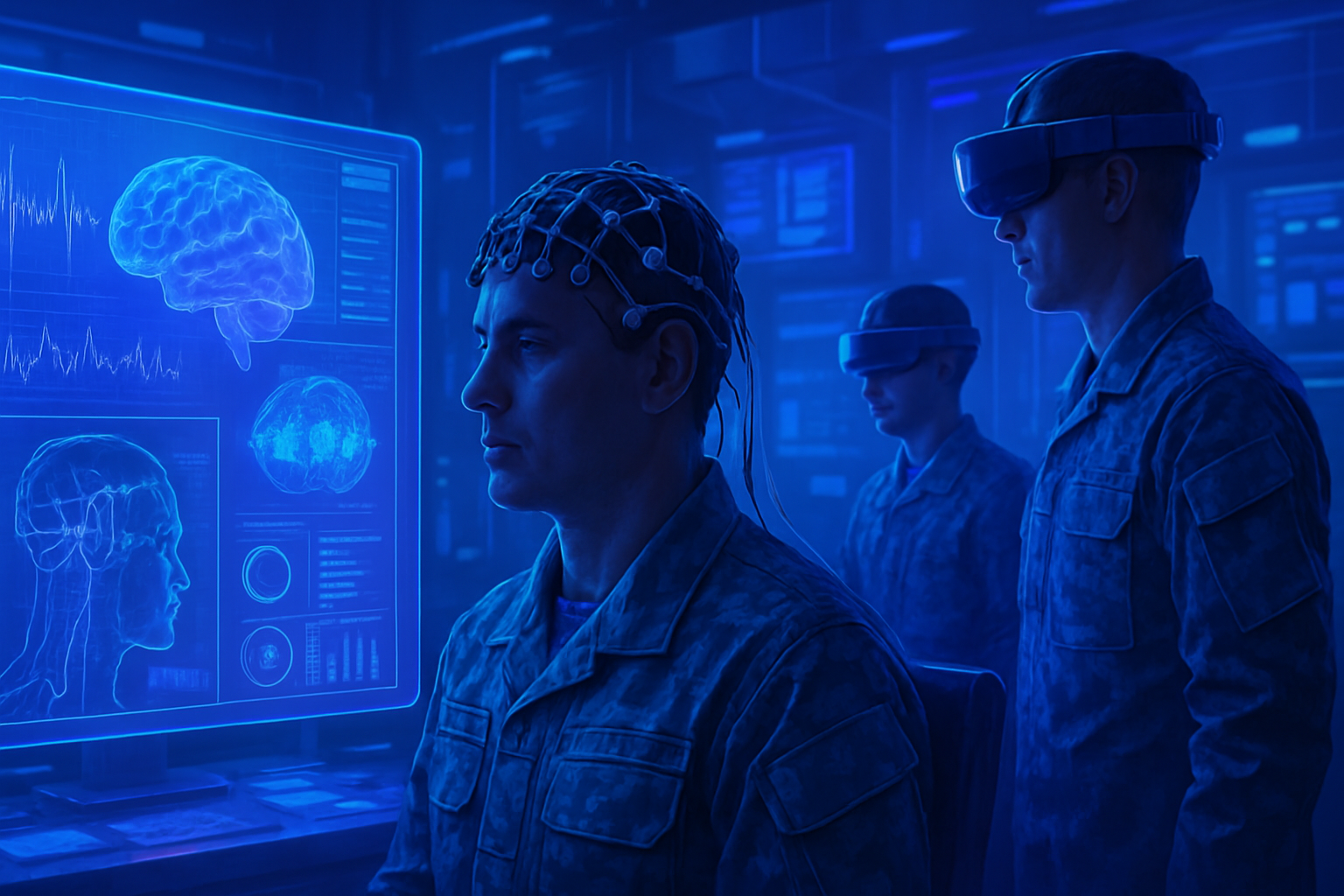The rise of AI raises pressing questions. Nvidia’s financial results serve as a barometer of this technological expertise. Confidence in innovation or mere speculation? The need to clarify future prospects is felt as the ethical and practical challenges of artificial intelligence intensify. Nvidia’s ability to redefine structural expectations of AI could transform its doubts into certainties, linking performance and strategic vision. New heights or hollow promises, the answer lies in the actions and foresight of a pioneering company.
Nvidia and the Concerns Surrounding AI
Nvidia is facing a rising tide of doubts regarding its leadership in the artificial intelligence sector. The recent financial results for the third quarter of 2023 have raised concerns among investors and financial analysts. This situation arises in part from increased pressure in the AI chip market, in response to a complex economic environment and unfavorable political decisions.
Contemporary Financial Results
The figures for the last quarter revealed an unexpected drop in profits compared to anticipated forecasts. Despite a consistently growing demand for its graphics chips, external factors such as increased competition and supply delays are hurting its performance. The palpable adrenaline in the industry related to generative AI manifests in spectacular announcements made by other competitors. For instance, the recent collaboration between Accenture and Nvidia announces new strategies centered on generative AI.
Fierce and Innovative Competition
The competition is intensifying, especially with the emergence of entities like Huawei, which is unveiling new chips specifically designed to compete with Nvidia’s H100s. Moreover, the planned manufacturing of supercomputers dedicated to AI that Nvidia intends to set up in Houston may prove insufficient in the face of this inevitable pressure. Nvidia’s position is being tested by the constant innovations brought forth by its rivals, leading to a serious risk to its current dominance.
Regulatory Reactions and Potential Consequences
The proposals for export restrictions on AI chips from the Biden administration add another layer of uncertainty. Nvidia expresses reservations about these measures, fearing they may undermine its ability to meet global demand. This dynamic could also exacerbate competition in the market, as other countries seek to rapidly develop their own AI chip industries.
Investments in the Future
Despite these concerns, significant investments continue to flow into Nvidia. The company’s shares experienced a strong surge following the announcement by AWS, its main competitor, of the setup of a supercomputer for AI. These strategic moves, though temporary, indicate a clear willingness on Nvidia’s part to maintain its position at the top in a turbulent environment.
Future Outlook
Nvidia must skillfully navigate the murky waters of intensified competition and economic threats. The urgent need to meet consumer demands through innovation and the expansion of production capabilities proves imperative. The path of reinvention and adaptation appears to be the only recourse to dispel doubts and reassure investors about its bright future.
Frequently Asked Questions
Can Nvidia actually alleviate the concerns surrounding AI with its recent financial results?
Yes, Nvidia’s recent financial results highlight its position as a market leader in AI, which could reassure investors and users by showing the viability and growth of its technologies.
What aspects of Nvidia’s results support the idea that they could dispel doubts about AI?
Strong financial performance, combined with strategic investments in AI and partnerships with other tech companies, demonstrate that Nvidia is well-positioned to address concerns about the future of AI.
How do Nvidia’s performances influence the general perception of AI in the tech sector?
Nvidia’s strong results bolster confidence in AI, as they suggest a growing demand for these technologies, which could prompt other companies to invest more in AI.
Has Nvidia taken specific measures to address ethical concerns related to AI?
Yes, Nvidia has implemented initiatives to promote AI ethics, including committing to developing responsible technologies and encouraging discussions around the ethical challenges in the sector.
What challenges does Nvidia face in deploying its AI technologies that could rekindle doubts?
Challenges include managing algorithmic biases, data protection regulations, and the need for transparency in AI use, all of which can fuel long-term concerns.
Are Nvidia’s financial results sufficient to ensure investor confidence in the long term?
While the financial results are impressive, long-term confidence will also depend on Nvidia’s ability to innovate and address the growing concerns surrounding AI and its societal implications.
Is Nvidia considering collaborations to strengthen its position in the field of AI?
Yes, Nvidia is actively pursuing partnerships with other tech companies and academic institutions to enrich its ecosystem and bolster its research and development efforts in AI.
Are Nvidia’s upcoming innovations likely to transform public perception of AI?
Continuous innovations, such as more accessible AI platforms and solutions to complex problems, could indeed change the public’s perception of AI, making it more acceptable and beneficial.






